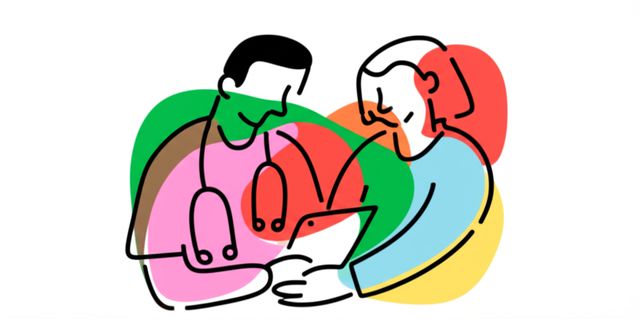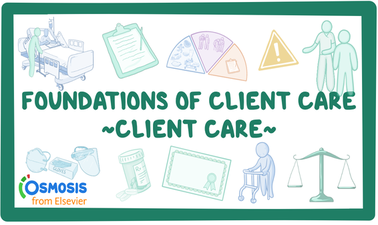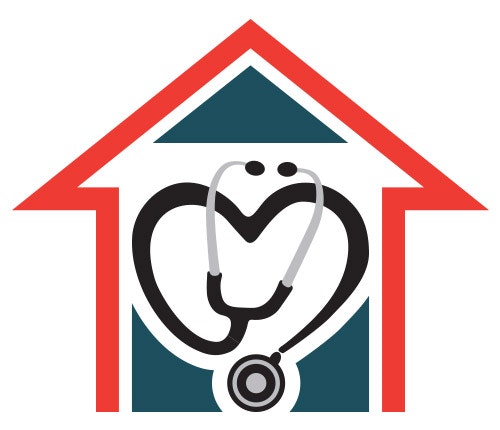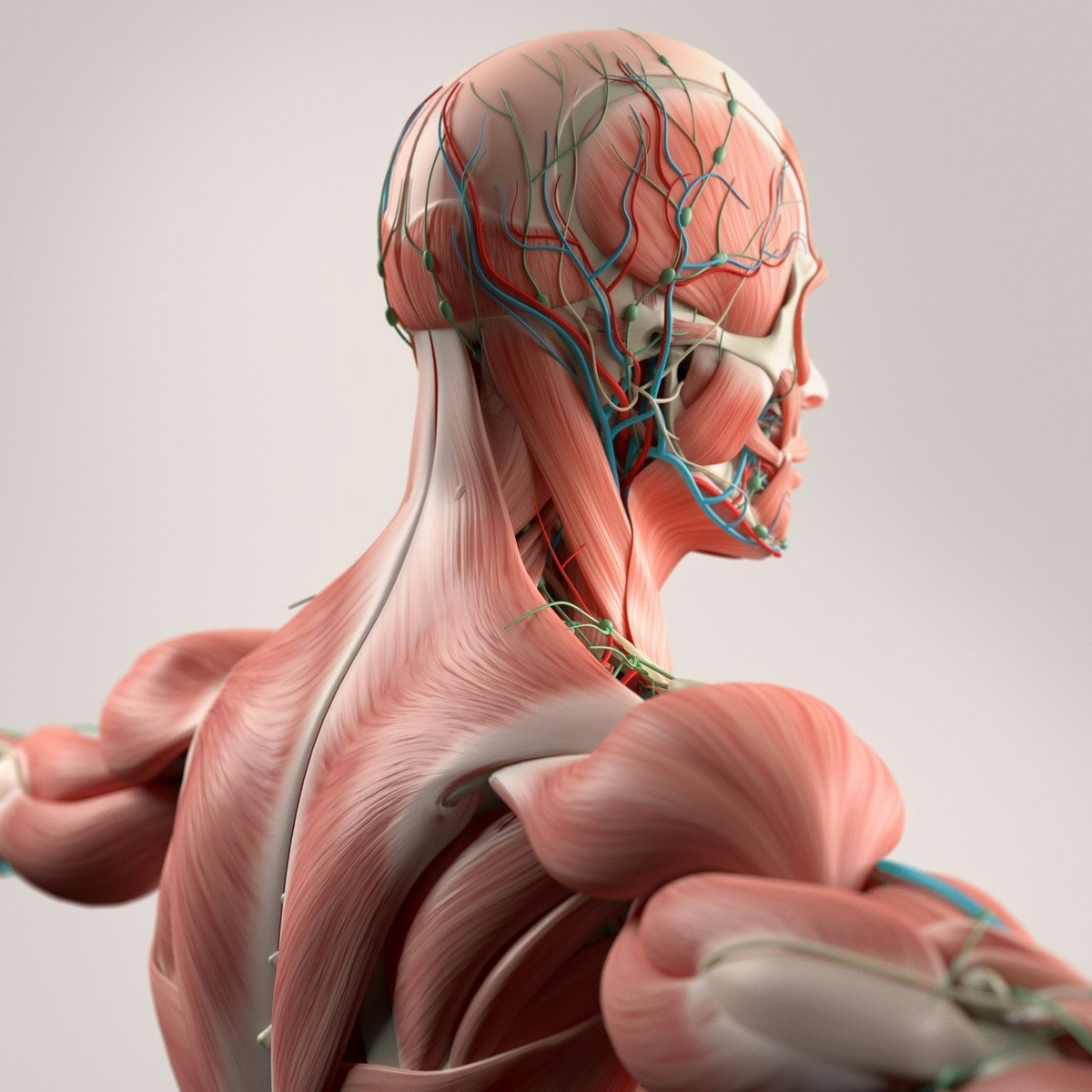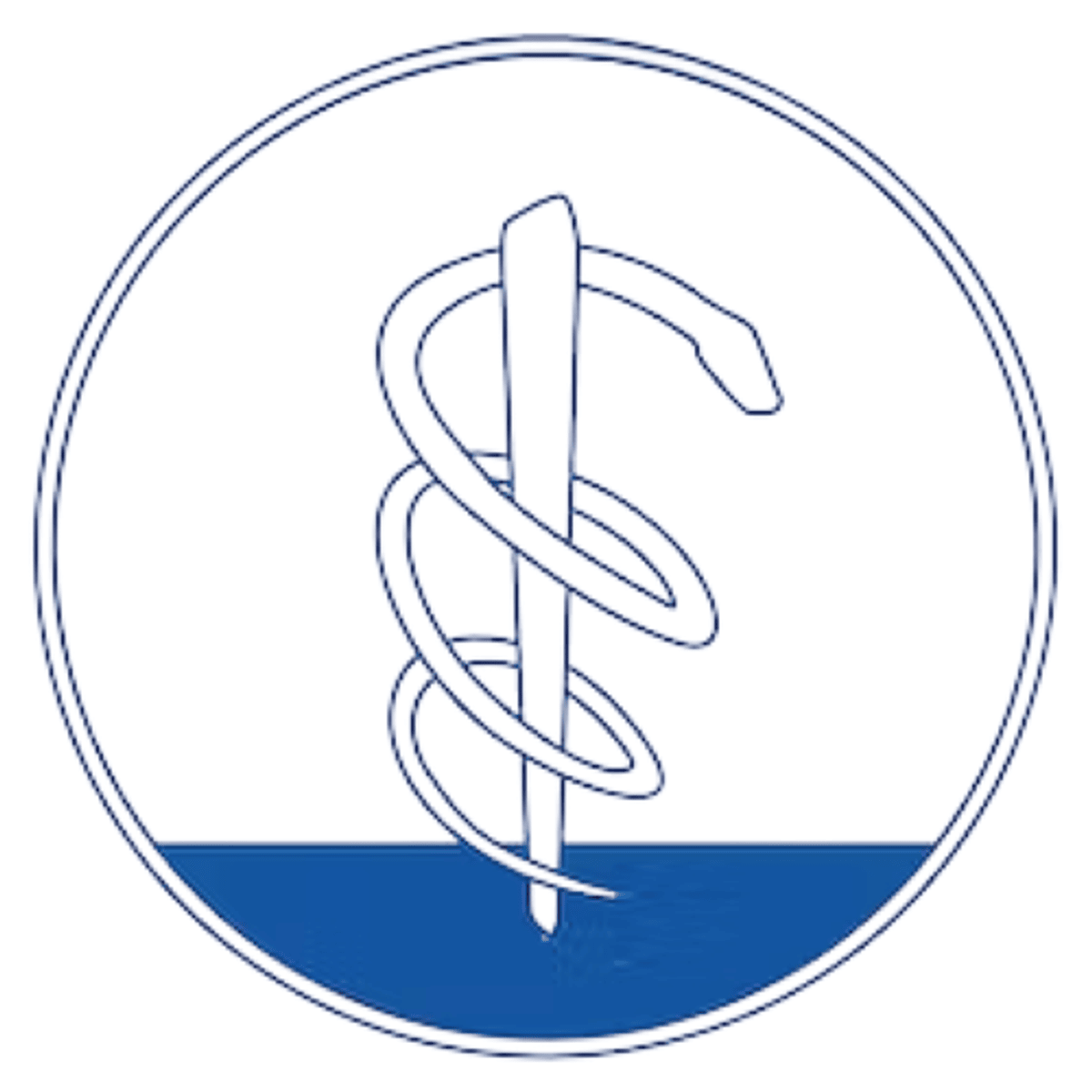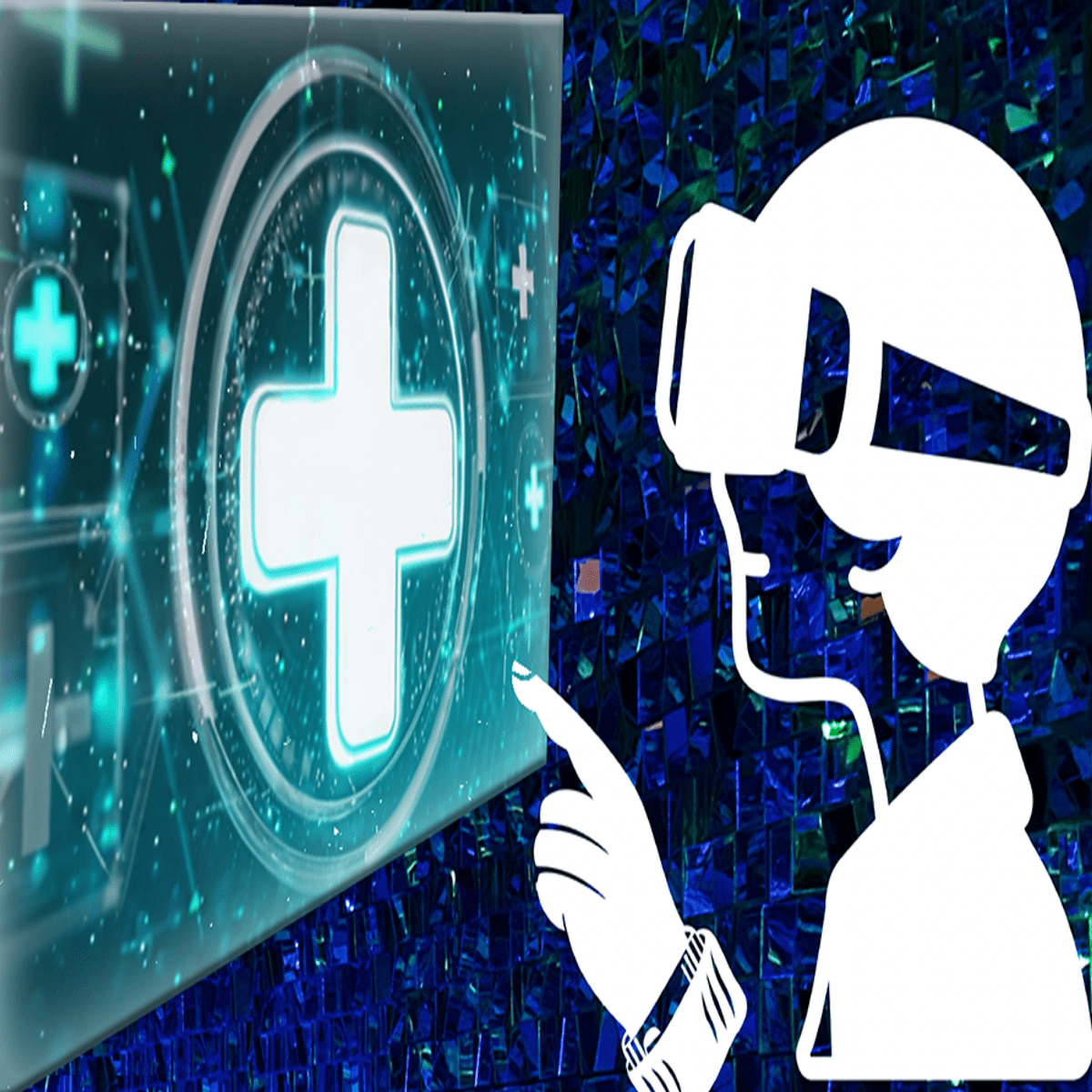Patient Care Technician
A Career Guide to Becoming a Patient Care Technician
A Patient Care Technician (PCT) is a vital member of the healthcare team, working under the supervision of nurses and physicians to provide essential support and direct care to patients. PCTs assist with daily living activities, monitor patient conditions, and perform various clinical tasks that contribute significantly to patient well-being and comfort in diverse healthcare settings.
Working as a PCT can be deeply rewarding, offering the chance to make a tangible difference in people's lives during times of illness or recovery. It requires compassion, technical skill, and the ability to connect with patients on a human level, providing not just physical assistance but also emotional support. This career path often serves as an excellent entry point into the broader healthcare field.
What is a Patient Care Technician?
Definition and Core Duties
A Patient Care Technician is a healthcare professional trained to provide direct patient care in various environments like hospitals, nursing homes, and clinics. They function as a crucial link between the patient and the nursing or medical staff, ensuring patient needs are met promptly and effectively.
Core duties involve assisting patients with fundamental daily needs, often referred to as Activities of Daily Living (ADLs). This includes help with bathing, dressing, grooming, eating, and mobility – tasks that patients may struggle with due to illness, injury, or age. PCTs ensure patients maintain dignity and comfort while receiving this personal care.
Beyond basic care, PCTs perform essential clinical tasks. They monitor and record vital signs such as temperature, pulse, respiration rate, and blood pressure. They may also collect specimens like blood or urine for laboratory testing, assist with basic medical procedures, and document observations accurately for the healthcare team.
Role Within the Healthcare Team
Patient Care Technicians are integral members of the healthcare team, working collaboratively under the direct supervision of Registered Nurses (RNs) or Licensed Practical Nurses (LPNs). They act as the eyes and ears for the nursing staff, spending significant time with patients and often being the first to notice changes in condition.
Their role involves relaying crucial information about patient status, needs, and concerns to nurses and physicians. Effective communication is key, ensuring that the care plan is followed correctly and any necessary adjustments are made promptly. PCTs contribute to a seamless flow of care by supporting nurses with tasks, freeing them up for more complex medical duties.
PCTs often bridge the gap between the clinical aspects of care and the patient's personal experience. They provide companionship and emotional support, helping patients feel more comfortable and less anxious during their healthcare journey. This human connection is a vital part of the holistic care approach.
Common Work Environments
Hospitals are primary employers of PCTs, where they work across various departments, including medical-surgical units, emergency rooms, and intensive care units. In this fast-paced setting, they provide essential support to acutely ill patients under the guidance of nursing staff.
Long-term care facilities and nursing homes also rely heavily on PCTs. Here, the focus is often on assisting elderly residents or individuals with chronic conditions with their daily living activities and ongoing health monitoring. The relationships built with residents can be particularly meaningful in this setting.
Other environments include clinics, rehabilitation centers, dialysis centers, and sometimes home healthcare agencies. The specific duties might vary slightly depending on the setting, but the core responsibility of providing direct patient care and support remains consistent across all locations.
A Brief Look at the Role's Evolution
The role of the Patient Care Technician has evolved from earlier positions like hospital orderlies or nursing aides. Initially focused primarily on basic hygiene and transport, the responsibilities have expanded significantly over time as healthcare needs became more complex.
Increased demand for skilled support staff, coupled with changes in nursing roles, led to the development of the PCT position. Training programs began incorporating more technical skills, such as phlebotomy (drawing blood) and performing electrocardiograms (EKGs), differentiating PCTs from traditional nursing assistants.
Today, PCTs are recognized as multi-skilled healthcare workers who play a critical role in delivering efficient and compassionate patient care. Their expanded skillset allows them to contribute more broadly to the clinical team and adapt to the dynamic needs of modern healthcare settings.
Exploring the Day-to-Day: Roles and Responsibilities
Core Daily Tasks
A typical day for a PCT involves a range of hands-on patient care tasks. Monitoring and recording vital signs at regular intervals is fundamental, providing essential data on patient stability. Assisting patients with personal hygiene, such as bathing, grooming, and toileting, is a frequent responsibility, always performed with respect for patient dignity.
PCTs often help patients with mobility, assisting them to move in bed, transfer to a chair or wheelchair, or ambulate (walk). They also play a role in patient nutrition, serving meals, assisting with feeding if necessary, and monitoring food and fluid intake.
Specimen collection is another key task. This might involve obtaining urine samples, stool samples, or, depending on training and facility protocols, drawing blood (phlebotomy). Accurate labeling and timely delivery of specimens to the lab are crucial parts of this process.
Collaboration and Communication
Effective collaboration with nurses, physicians, and other healthcare professionals is paramount for a PCT. They operate as part of a team, executing tasks delegated by RNs or LPNs and reporting back observations and patient responses.
Clear and timely communication is essential. PCTs must report any significant changes in a patient's condition, such as altered vital signs, increased pain, or changes in mental status, immediately to the supervising nurse. This ensures prompt assessment and intervention if needed.
They also interact directly with patients and their families, providing information within their scope of practice and offering emotional support. Building rapport and trust through empathetic communication helps create a positive care experience.
These books offer comprehensive guides on patient care and emergency procedures, valuable for understanding the context of a PCT's work.
Specialized Clinical Skills
Beyond basic care, PCTs are often trained in more specialized skills, setting them apart from other assistant roles. Phlebotomy, the practice of drawing blood, is a common additional skill, requiring precision and knowledge of safety protocols.
Performing 12-lead electrocardiograms (EKGs or ECGs) is another frequent responsibility. This involves placing electrodes on the patient's body to record the heart's electrical activity, a vital diagnostic tool.
Other potential skills, depending on state regulations and employer training, might include basic wound care (like simple dressing changes), insertion or removal of urinary catheters, assistance with respiratory therapy tasks, or operating dialysis equipment in specialized settings.
Documentation and Reporting
Accurate documentation is a critical aspect of the PCT role. Every task performed, vital sign measured, intake/output recorded, and observation made must be documented promptly and precisely in the patient's medical record, often an Electronic Health Record (EHR) system.
This documentation creates a legal record of the care provided and ensures continuity of care between shifts and among different healthcare providers. It must be objective, clear, concise, and follow facility protocols.
Reporting involves verbally communicating important findings or changes to the nursing staff. This includes not only objective data like vital signs but also subjective observations, such as a patient reporting increased pain or appearing anxious. Understanding what information is critical to report is a key competency.
Educational Pathways to Becoming a PCT
Foundation in High School
While a high school diploma or GED is the typical minimum educational requirement to enter a PCT program, certain high school courses can provide a valuable foundation. Biology classes introduce fundamental concepts of the human body, while anatomy and physiology courses offer more detailed insights into body systems.
Courses in health sciences or introductory healthcare topics, if available, can also be beneficial, providing early exposure to medical terminology and healthcare environments. Strong communication skills, developed through English and speech classes, are also essential for interacting with patients and colleagues.
Developing good study habits and a sense of responsibility during high school will prepare aspiring PCTs for the focused learning required in postsecondary training programs.
Postsecondary Training Programs
Most individuals become PCTs by completing a postsecondary certificate or diploma program offered by community colleges, vocational schools, technical schools, or sometimes hospitals. These programs typically range from a few months to a year in duration.
Curricula combine classroom instruction covering anatomy, physiology, medical terminology, patient care procedures, basic nursing skills, phlebotomy, and EKG techniques with hands-on laboratory practice. Look for programs accredited by recognized bodies, as this often signals quality and may be preferred by employers or required for certification.
These programs are designed to equip students with the specific knowledge and technical skills needed to function effectively as a PCT upon graduation.
Understanding medical terminology is crucial. Online courses can provide a flexible way to learn this essential language.
This course offers a deeper dive into specific body systems, complementing foundational knowledge.
Degree Options vs. Vocational Training
While certificate/diploma programs are the most common route, some community colleges offer Associate Degree programs in related fields (like Allied Health or Medical Assisting) that might incorporate PCT skills or serve as a stepping stone. An associate degree takes longer (typically two years) but provides a broader education.
Vocational training programs are generally shorter and more focused specifically on the skills required for the PCT role. They offer a quicker path to employment. The best choice depends on individual career goals, time constraints, and financial resources.
Some individuals may start as a Certified Nursing Assistant (CNA) and then complete additional training modules (e.g., EKG, phlebotomy) to bridge into a PCT role. This allows for earning experience while advancing skills incrementally.
The Importance of Clinical Practicums
A critical component of any PCT program is the clinical practicum or externship. This involves supervised hands-on experience in a real healthcare setting, such as a hospital or clinic. It allows students to apply classroom knowledge and practice skills with actual patients.
During the practicum, students work alongside experienced PCTs and nurses, gaining invaluable real-world insights and adapting to the pace and demands of the clinical environment. This experience is essential for building confidence and competence.
The number of required clinical hours varies by program and state regulations, often ranging from 100 hours or more. Successful completion of the clinical component is mandatory for graduation and often a prerequisite for certification exams.
Leveraging Online Learning and Independent Study
Building Foundational Knowledge Online
Online courses can be an excellent resource for building foundational knowledge relevant to a PCT career. Subjects like medical terminology, anatomy and physiology, basic disease processes, and healthcare ethics can often be studied effectively through digital platforms.
These courses offer flexibility, allowing learners to study at their own pace and schedule, which can be beneficial for those balancing education with work or family commitments. Platforms like OpenCourser provide access to a wide variety of relevant courses from different institutions.
OpenCourser allows learners to easily search through thousands of courses, compare syllabi, and read summarized reviews to find suitable online learning options for building this foundational knowledge.
These courses provide core knowledge relevant to patient care, suitable for online foundational learning.
Bridging Theory and Practice
While online learning excels for theoretical knowledge, healthcare is fundamentally a hands-on profession. A successful pathway to becoming a PCT requires blending online coursework with essential in-person clinical skills training and practice.
Hybrid programs effectively combine online lectures and readings with required on-campus lab sessions for practicing skills like taking vital signs, performing phlebotomy on manikins, or setting up EKG equipment. This blended approach offers flexibility while ensuring practical competence.
Ultimately, the clinical practicum remains indispensable. No amount of online simulation can fully replicate the experience of providing care to real patients under the supervision of experienced professionals in a clinical setting.
Validating Skills Through Certification
Regardless of how the theoretical knowledge is acquired, demonstrating competency through certification is crucial. Certifying bodies like the National Healthcareer Association (NHA) offer exams (e.g., the CPCT/A) that validate a PCT's skills and knowledge.
Eligibility for these exams typically requires completion of an approved training program (which includes clinical hours) or equivalent work experience. Passing a recognized certification exam significantly enhances employability, as many employers require or prefer certified PCTs.
Online resources can supplement preparation for these certification exams, offering practice tests and review materials covering the key knowledge domains tested.
Understanding the Limits of Online Learning
It's vital to recognize the limitations of purely online pathways in healthcare. Skills requiring direct patient interaction, fine motor control (like phlebotomy), and immediate response to unpredictable situations cannot be fully mastered solely through digital means.
Aspiring PCTs should view online courses as a valuable supplement or a component of a hybrid program, rather than a complete substitute for traditional training methods that include hands-on labs and clinical rotations.
Be wary of programs promising full PCT qualification entirely online without any in-person skills validation or clinical component, as these may not meet employer expectations or certification eligibility requirements.
These books offer guidance on practical aspects of patient care that complement theoretical learning.
Career Trajectory and Advancement Opportunities
From Entry-Level to Specialization
Upon completing training and obtaining certification, most PCTs begin in entry-level positions in hospitals, nursing homes, or clinics. Initial roles focus on mastering core competencies and adapting to the specific workflow and patient population of the unit.
With experience, PCTs can often specialize. For example, one might become an Emergency Room Technician, working in the fast-paced ER environment, or specialize in dialysis care as a Hemodialysis Technician. Other specializations include telemetry monitoring or working in specific units like cardiology or orthopedics.
Gaining proficiency in advanced skills like phlebotomy or EKG interpretation often opens doors to these more specialized roles, which may come with increased responsibilities and potentially higher pay.
Transitioning to Nursing and Allied Health
The PCT role serves as an excellent stepping stone into other healthcare careers. Many PCTs gain valuable clinical experience and insight that motivates them to pursue further education, often in nursing.
Experience as a PCT can strengthen applications to Licensed Practical Nurse (LPN) or Registered Nurse (RN) programs. Some nursing programs may even offer advanced placement or credit for prior PCT experience or coursework, potentially shortening the duration of the nursing program.
Other potential transitions include moving into roles like Medical Assistant, Radiologic Technologist, Respiratory Therapist, or other allied health professions, leveraging the foundational patient care experience gained as a PCT.
Leadership and Training Roles
Experienced and highly competent PCTs may advance into leadership or training positions within their departments. Opportunities might include becoming a PCT Team Lead, responsible for coordinating shifts, assigning tasks, and providing guidance to junior PCTs.
Some PCTs transition into roles focused on training new hires or precepting students during their clinical rotations. This requires strong communication skills, patience, and a deep understanding of PCT responsibilities and facility protocols.
These leadership roles often involve mentoring colleagues, contributing to quality improvement initiatives, and acting as a liaison between PCT staff and nursing management.
The Role of Continuing Education
Continuous learning is crucial in healthcare. PCTs need to stay updated on best practices, new technologies, and changes in regulations. Most certifications require completing a certain number of continuing education (CE) credits for renewal every couple of years.
Beyond mandatory CE for certification, pursuing additional voluntary training or workshops can enhance skills and open up new opportunities. For instance, obtaining advanced certifications or specialized training can make a PCT more competitive for specialized roles or promotions.
Investing in ongoing education often correlates with career advancement and potentially higher earning potential over the long term.
These courses touch on specialized areas like pharmacy and technology, representing avenues for continuing education.
Navigating Certification and Licensing
Understanding State Requirements
Requirements for Patient Care Technicians can vary significantly from state to state. Some states may have specific regulations regarding training program standards, required clinical hours, or the necessity of certification, while others may leave requirements largely up to employers.
It is essential to research the specific requirements in the state where you plan to work. State Boards of Nursing or Health Departments are typically the primary sources for this information. Understanding these regulations ensures you meet the necessary criteria for employment.
Even in states without mandatory certification, employers, particularly hospitals, often prefer or require PCTs to hold a recognized national certification.
Key Certifying Organizations
Several national organizations offer certification for Patient Care Technicians. The National Healthcareer Association (NHA) is one of the most prominent, offering the Certified Patient Care Technician/Assistant (CPCT/A) credential.
Other organizations may offer similar certifications. Eligibility typically involves graduating from an approved training program or having equivalent work experience, along with holding a high school diploma or GED. Candidates must then pass a standardized examination covering core PCT knowledge and skills.
The NHA CPCT/A exam, for example, covers areas like patient care basics, safety, infection control, phlebotomy, EKG, and professional responsibilities. It usually consists of multiple-choice questions administered electronically.
Renewal and Continuing Education
PCT certifications are typically valid for a set period, commonly two years. To maintain certification, individuals must complete a specified number of continuing education (CE) hours or credits and pay a renewal fee.
For instance, NHA requires CPCT/A holders to complete 10 CE credits within their two-year certification cycle. These CE activities must be relevant to the PCT scope of practice and help practitioners stay current with advancements in healthcare.
Keeping track of CE requirements and completing them on time is crucial for maintaining active certification and ensuring uninterrupted employability.
Certification Reciprocity
Reciprocity refers to whether a certification or license obtained in one state is recognized in another. For national certifications like the NHA CPCT/A, the credential itself is generally recognized nationwide by employers who value it.
However, state-specific regulations regarding practice still apply. If a state has its own licensing or registration requirements for PCTs (which is less common than for CNAs), you would need to meet those specific state requirements even if you hold a national certification.
Always verify the specific requirements of the state licensing board or health department in the state where you intend to seek employment, especially when relocating.
Addressing Ethical and Physical Demands
Upholding Patient Dignity
PCTs frequently assist patients with highly personal tasks, such as bathing and toileting. Performing these duties while consistently upholding the patient's dignity and privacy is a fundamental ethical responsibility.
This requires sensitivity, respect, and professionalism. Communicating clearly, explaining procedures beforehand, ensuring privacy, and being mindful of the patient's comfort level are essential practices.
Maintaining confidentiality about patient information is another critical ethical obligation, governed by regulations like HIPAA (Health Insurance Portability and Accountability Act).
Workplace Safety Considerations
The role of a PCT involves physical demands and potential exposure to hazards. Proper body mechanics are crucial when lifting, transferring, or repositioning patients to prevent musculoskeletal injuries.
Exposure to infectious diseases is a risk, necessitating strict adherence to infection control protocols, including hand hygiene and the use of Personal Protective Equipment (PPE) like gloves and masks. Training in handling potentially hazardous materials and preventing needlestick injuries (especially if performing phlebotomy) is vital.
Healthcare facilities have safety protocols and provide training, but vigilance and adherence to these guidelines are essential for personal safety and the safety of patients and colleagues.
These books provide in-depth knowledge relevant to handling trauma and ensuring patient safety.
The Emotional Aspects of Care
Working closely with individuals who are ill, injured, or facing end-of-life situations can be emotionally demanding. PCTs often form bonds with patients and may experience sadness or grief when patients have poor outcomes or pass away.
Providing compassionate care requires empathy, but it's also important for PCTs to develop coping mechanisms to manage the emotional toll. Witnessing suffering or dealing with challenging patient behaviors can be stressful.
Strong emotional resilience, support from colleagues and supervisors, and healthy stress management techniques are important for navigating these challenges.
These courses explore the psychosocial and spiritual dimensions of care, relevant to the emotional demands of the PCT role.
Preventing Burnout
The combination of physical demands, emotional stress, and fast-paced work environments can put PCTs at risk of burnout. Recognizing the signs of burnout – such as chronic fatigue, cynicism, or reduced sense of accomplishment – is the first step.
Strategies for prevention include maintaining a healthy work-life balance, practicing self-care activities (like exercise, hobbies, and sufficient sleep), setting realistic boundaries, and seeking support when needed.
Utilizing available resources, such as employee assistance programs, and fostering supportive relationships with coworkers can also help mitigate burnout and sustain a long and fulfilling career in patient care.
Job Market Insights and Future Outlook
Projected Growth and Demand
The job outlook for healthcare support occupations, including Patient Care Technicians, is generally positive. The U.S. Bureau of Labor Statistics (BLS) groups PCTs with Nursing Assistants and Orderlies, projecting a growth rate of about 4% for this group between 2023 and 2033, which is about average for all occupations.
This demand is largely driven by the healthcare needs of an aging population. As baby boomers age, the need for assistance with daily living and monitoring of chronic conditions increases, fueling demand in hospitals, nursing homes, and home health settings.
The overall healthcare sector is projected to be among the fastest-growing sectors, adding millions of jobs over the next decade, ensuring continued opportunities for roles like PCTs.
The Influence of Telehealth
The rise of telehealth is transforming healthcare delivery, offering remote consultations and monitoring. While direct hands-on care remains central to the PCT role, telehealth may influence certain aspects or create new opportunities.
PCTs might assist with preparing patients for virtual visits, setting up equipment, or even remotely monitoring basic vital signs using connected devices under supervision. Some administrative tasks related to telehealth coordination could also emerge.
However, the core hands-on duties of PCTs, such as assisting with mobility and hygiene, are less transferable to a remote model, suggesting the role will retain significant in-person demand. Telehealth is more likely to augment rather than replace the need for skilled bedside technicians.
Regional Job Market Variations
Job demand and salary ranges for PCTs can vary significantly based on geographic location. Metropolitan areas with large hospital systems and numerous healthcare facilities often have higher demand compared to rural areas.
State regulations and the prevalence of specific healthcare industries (like a high concentration of nursing homes) can also impact local demand. Cost of living differences mean that salaries offered in major cities may be higher but need to be weighed against living expenses.
Researching job postings and salary data specific to your region using resources like the BLS or job boards can provide a more accurate picture of the local market conditions.
Automation and the Future of Hands-On Care
While automation and artificial intelligence (AI) are impacting various industries, roles involving direct, hands-on human interaction and care, like that of a PCT, are generally considered more resilient to full automation.
Technology may assist with tasks like documentation or monitoring, potentially streamlining workflows, but the compassionate, empathetic, and physically assistive aspects of the PCT role are difficult to replicate with machines.
The future likely involves PCTs working alongside technology, using new tools to enhance efficiency and patient care, rather than being replaced by them. The need for skilled individuals to provide direct human touch and support in healthcare is expected to persist.
Explore courses on the future of healthcare technology on OpenCourser's Health & Medicine category page.
Frequently Asked Questions (FAQs)
What is the typical salary range for a PCT?
Salary expectations for PCTs can vary based on experience, location, employer, and specific certifications held. According to the U.S. Bureau of Labor Statistics, the median annual wage for nursing assistants and orderlies (the category including PCTs) was $38,130 in May 2023.
Entry-level positions will typically start lower, potentially around $30,000, while experienced PCTs with specialized skills or certifications, working in high-demand areas or certain settings (like government facilities), may earn closer to $48,000 or more.
It's important to research salary data for your specific geographic region and consider factors like benefits packages when evaluating compensation.
How does a PCT differ from a CNA or Medical Assistant?
While roles overlap, key differences exist. Certified Nursing Assistants (CNAs) primarily focus on basic patient care and activities of daily living. Patient Care Technicians (PCTs) typically have CNA-level skills plus additional training in procedures like phlebotomy, EKG, and sometimes catheter care or basic wound dressing.
Medical Assistants (MAs) have a broader role that often includes both clinical tasks (like taking vital signs, administering injections, assisting with exams) and administrative duties (scheduling appointments, billing, managing records). MAs often work in clinics or physician offices, whereas PCTs are more commonly found in hospital or long-term care settings.
Essentially, PCTs often possess a more advanced clinical skillset focused on direct patient care within inpatient settings compared to CNAs, while MAs blend clinical and administrative functions, often in outpatient settings.
Are there part-time and full-time opportunities?
Yes, opportunities for both part-time and full-time employment as a PCT are widely available. Hospitals and long-term care facilities operate 24/7, requiring staff coverage across various shifts (day, evening, night) and schedules.
This flexibility can be advantageous for students pursuing further education (like nursing school), individuals with family commitments, or those seeking supplemental income. Part-time roles may offer fewer benefits than full-time positions, so it's important to clarify this with potential employers.
The availability of specific shifts and schedules depends on the employer's needs and staffing patterns.
What is the long-term career outlook?
The long-term career outlook for PCTs is generally stable, tied to the overall growth of the healthcare industry. The demand for skilled healthcare support staff is expected to remain consistent, particularly with an aging population.
While the role itself offers some avenues for specialization and leadership, many view the PCT position as a valuable stepping stone towards further education and advancement into roles like nursing or other allied health professions.
Career longevity as a PCT is possible, especially for those who enjoy direct patient care, but advancing typically involves pursuing additional credentials or transitioning into related fields.
How difficult is the transition from PCT to RN?
Transitioning from PCT to Registered Nurse (RN) is a common and achievable pathway, but it requires significant commitment to further education. Experience as a PCT provides a strong foundation in patient care basics and familiarity with healthcare environments.
The primary step involves enrolling in and completing an accredited nursing program (either an Associate Degree in Nursing - ADN, or a Bachelor of Science in Nursing - BSN). These programs are academically rigorous, covering advanced clinical skills, pharmacology, pathophysiology, and critical thinking.
After graduating from a nursing program, one must pass the NCLEX-RN licensing exam. While challenging, the practical experience gained as a PCT can be a significant advantage during nursing school and in preparing for the RN role.
Will AI impact the PCT role in the future?
Artificial Intelligence (AI) is expected to influence healthcare, but it's unlikely to eliminate the need for PCTs. AI might automate certain tasks like data entry, basic monitoring analysis, or scheduling, potentially freeing up PCTs to focus more on direct patient interaction.
However, the core responsibilities involving hands-on care, physical assistance, empathy, and nuanced human observation are difficult for AI to replicate. AI is more likely to become a tool used by PCTs to enhance care rather than replace the human element.
Adaptability and a willingness to learn how to work with new technologies will be important for PCTs in the future, but the fundamental need for compassionate human caregivers is expected to remain strong.
Explore related topics on patient care modeling and quality through OpenCourser's browse feature.
Embarking on a career as a Patient Care Technician offers a direct path into the rewarding field of healthcare. It demands dedication, compassion, and a commitment to continuous learning, but provides the invaluable opportunity to support patients during vulnerable times and build a strong foundation for future growth within the medical profession. With growing demand for skilled healthcare workers, the role of the PCT remains essential to the effective functioning of healthcare teams.

